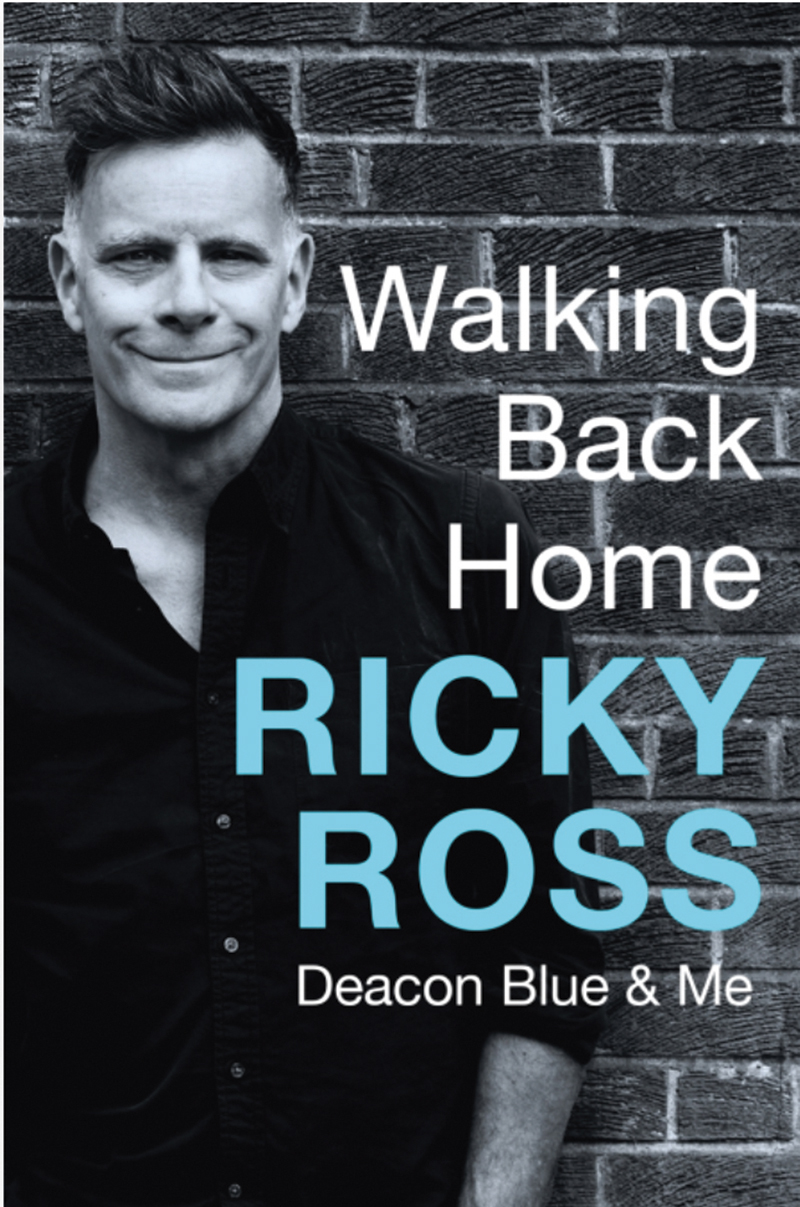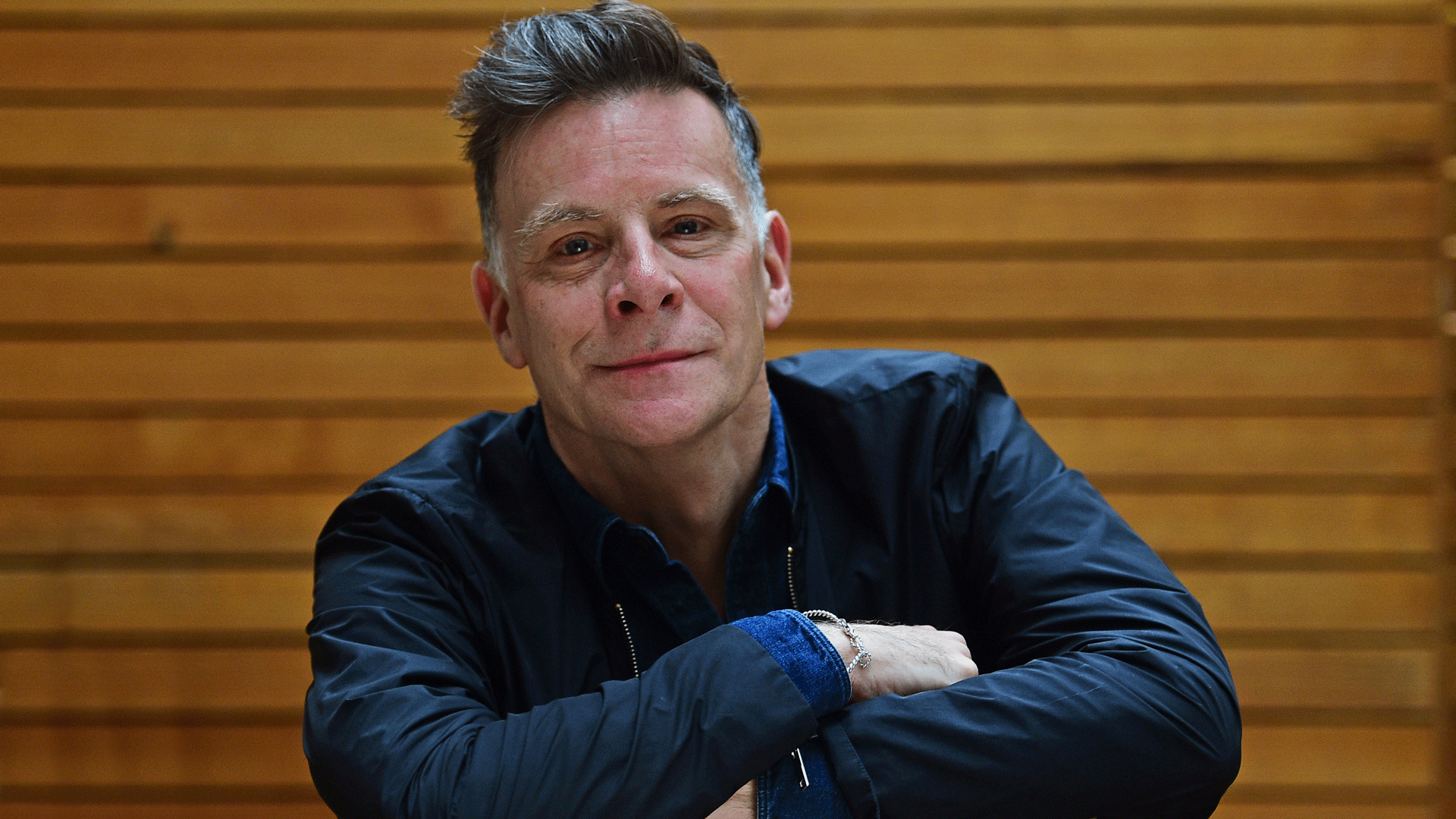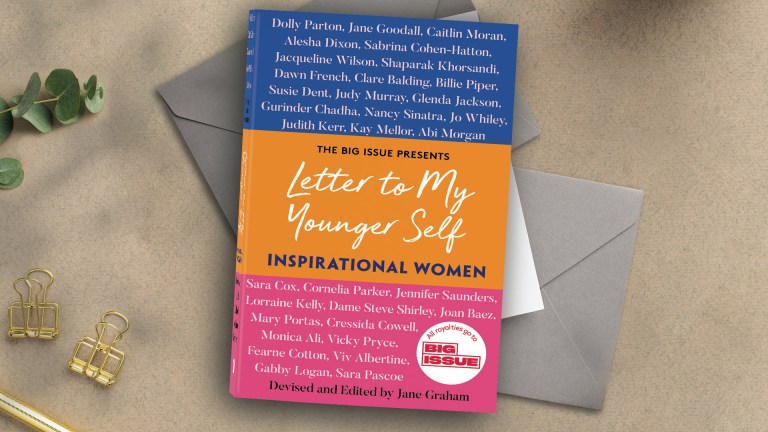Deacon Blue, says Ricky Ross, have always been “the uncoolest band on the block”. That may be overstating things, but it’s probably true that they have never been especially fashionable. Still, if you’re not in fashion, you can’t go out of fashion. While other, more hotly tipped acts have come and gone, Deacon Blue are still with us after four decades. Theirs is a long, slow release of success: the hits have achieved the status of modern-day, singalong standards, and are never long absent from the airwaves.
Ross is the musical engine and the driving spirit of Deacon Blue, the composer and rasping singer of an endless run of belters: Real Gone Kid, Fergus Sings the Blues, Wages Day, Love and Regret, Circus Lights, Loaded, Queen of the New Year – and, of course, that alternative Scottish national anthem, Dignity. But he is more than that, too: an eloquent campaigner for Scottish independence, a radio DJ with a passion for country music, and the owner of an unusually lively and reflective mind.
It is this latter quality that gives Walking Back Home its power and charm. Step back, and Ross’s life and trajectory seem ludicrously gilded: early success, Top of the Pops, sell-out stadium gigs, tours of the US, rubbing shoulders with Springsteen and Bono. But this book takes us in closer, to the struggles and the doubts and the losses; to a somewhat repressive upbringing in a Dundee Brethren family; a painful divorce from his first wife; the regrettable explosions of his burgeoning pop star ego; the sudden, unexpected loss of a career and an income; the moments of apparent hopelessness and vanished muse; the tragic death of a bandmate.

is out now (Headline, £20)
Ross is bracingly honest with the reader and himself, and his capacity to learn both from his successes and failures has forged an unusually deep level of wisdom. He is sustained by his religious faith, though is never heavy-handed about that.
His long second marriage to his bandmate Lorraine McIntosh has clearly been a thing of joy for them both. And through it all there has been the music: “The only thing I have ever been fascinated by was the power of a song, and what a song could do to me when it really connected.”
It is the songs and their writing that he continually returns to, and that have repeatedly saved him. Whether working with others – composing with a young ex-soldier called James Blount, who will soon drop the “o” from his name and release a global smash of an album; writing with the legendary Nanci Griffith in her Nashville home – or listening nightly from a stage as audiences of thousands belt out Dignity, a tune which came to him while gazing out of a Glasgow tenement window, it’s always been about the song. Some man, some journey.









